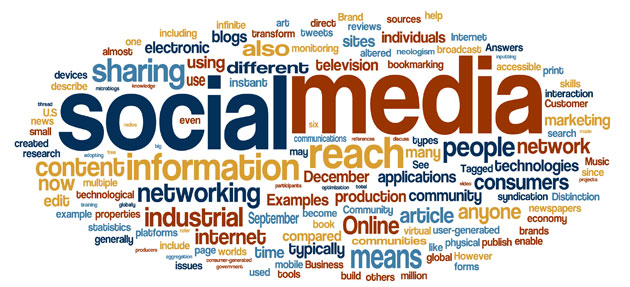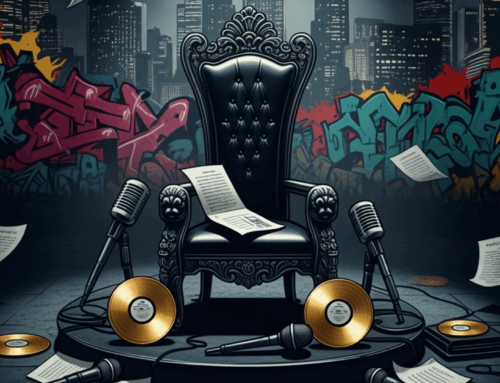 Since EDM’s visibility significantly grew in 2010, and continued to expand over the past two years, social media has been seen as a significant driving force behind it. DJs amass greater fans than record sales, and the spread of news, be it for a gig or a release, dwarfs the effects of traditional media. The latest development in this confluence – of social media as an increasing form of music promotion and of its effects on EDM’s popularity – is Twitter-based online programming.
Since EDM’s visibility significantly grew in 2010, and continued to expand over the past two years, social media has been seen as a significant driving force behind it. DJs amass greater fans than record sales, and the spread of news, be it for a gig or a release, dwarfs the effects of traditional media. The latest development in this confluence – of social media as an increasing form of music promotion and of its effects on EDM’s popularity – is Twitter-based online programming.
According to a March 2012 CNN piece, record labels have been transitioning from traditional promotional methods (television and radio) to social media, particularly Facebook, Twitter, and YouTube, to build awareness and fan relationships. Within EDM, Armada has been a paradigm of this approach. Armada co-founder Maykel Piron told CNN, “From the outset, Armada was focused on digital. While other labels were still focusing on physical record sales, we were focused on online consumption of our artists’ music.”
He added, “At first I was hesitant about putting Armada artists’ music on YouTube and making it available
Around this time, MTV reported on Social Media Week in New York, including a panel of label executives and agents called “How Social Media Has Fueled the Explosive Growth of EDM in America.” At the panel, points expressed included top DJs’ likes or followers – David Guetta’s, at the time, were in the millions, which is generally considered pop star levels – and fan loyalty, both online and in person. Such platforms create viral buzz, crucial for events and new releases, while simultaneously allowing the performers to interact directly with their fans.
![]()
Justin Kleinfeld, a representative for Tiesto and Swedish House Mafia explained at the time, “It’s the autograph, these guys are tweeting everything they’re doing from getting on an airplane to recording a single … just about anything. Getting retweeted is like the new autograph.”
But social media, within the EDM online sphere, is more than validation and interaction. Ticketfly observed that social media influences ticket purchasing patterns for EDM fans. More specifically, their September infographic showed, six times more tickets for EDM events, compared to other genre festivals and performances, are sold through social media. Why? Ticketfly surmises that EDM fans skew younger, who are more likely to be social media users. Marketers and promoters, as well, realize this resource, resulting in fans quickly finding out about events and performances.
The next terrain in utilizing this medium is original content programming. Television-like programming on the internet, we revealed earlier in October, is not a new concept, particularly for electronic music, but EpicEDM, the new Twitter-based programming from Believe Entertainment Group, takes this to a new level.
With the news announced on October 17, EpicEDM’s focus is ongoing interviews and festival performances featuring the top artists and popular clubs but also, upon its scheduled debut later in 2012, is to turn into an “inside source” for the genre. Programming aside, the program will be integrated with Twitter’s Promoted Suite of Products for geo targeting and reaching fans. “The social media space is at the heart of this massive, global movement, so it made sense to us to curate an EDM series on the same social media platform that continues to fuel its growth,” said Dan Goodman, co-founder of Believe Entertainment Group, said in a statement. “Our approach with Twitter is to own the social engagement around this movement.”
“We’re building where the EDM community and DJs already intersect to amplify what’s happening,” added William H. Masterson III, co-founder of Believe Entertainment Group, in the statement. “The goal is to create a unifying platform for the artists, fans and everyone involved in the EDM explosion that serves as a dedicated place to share the best things happening anywhere, at any given time in the EDM world.”



